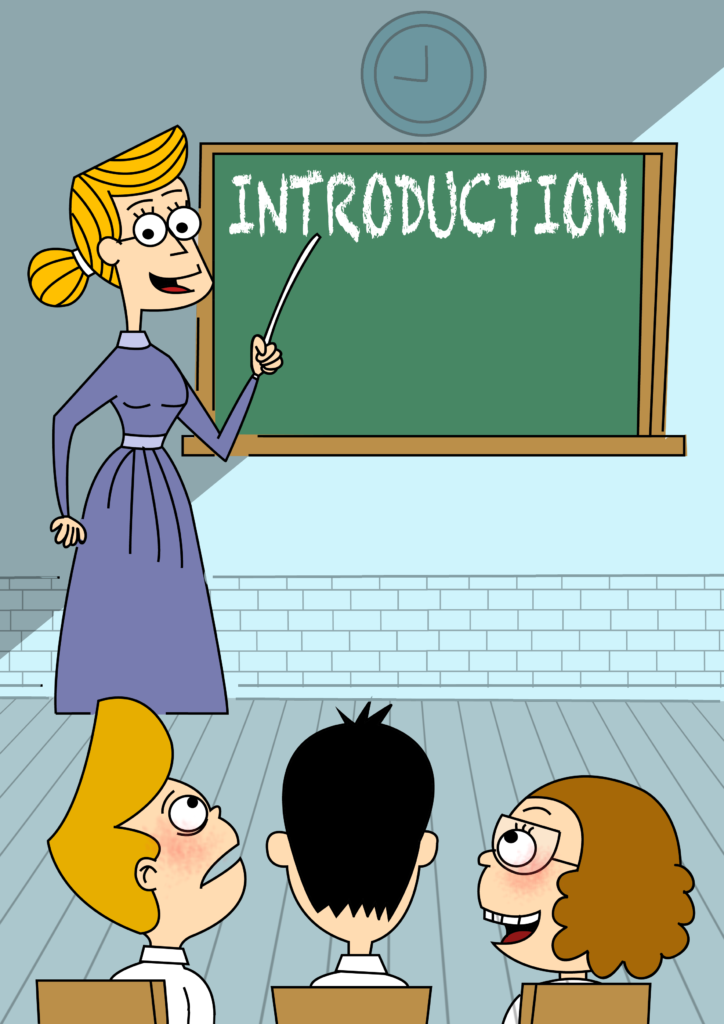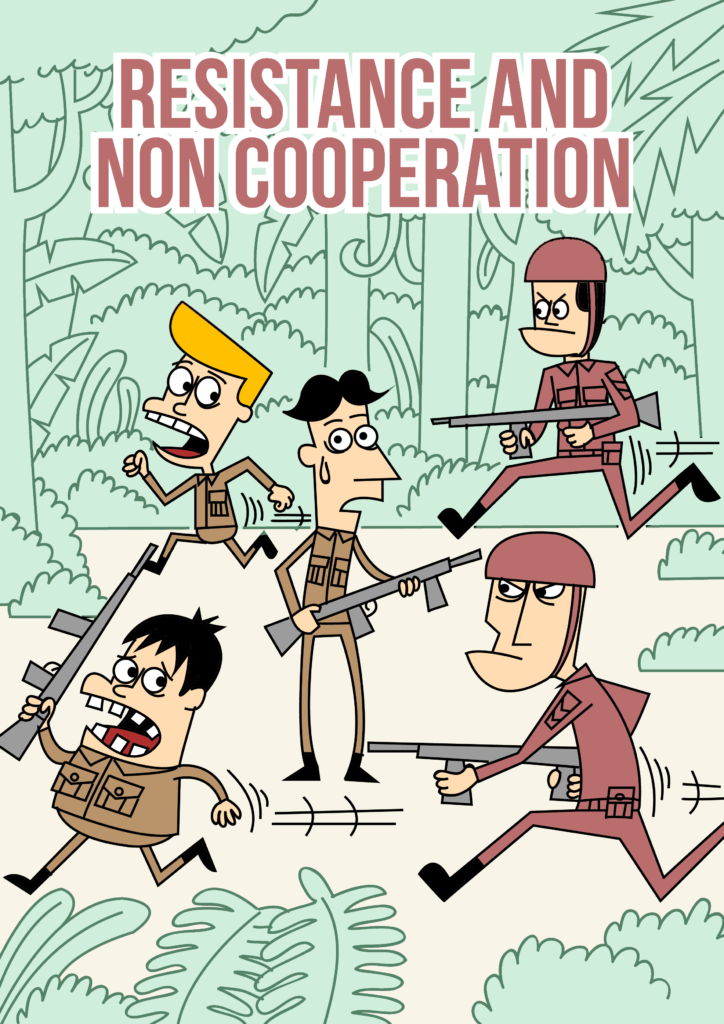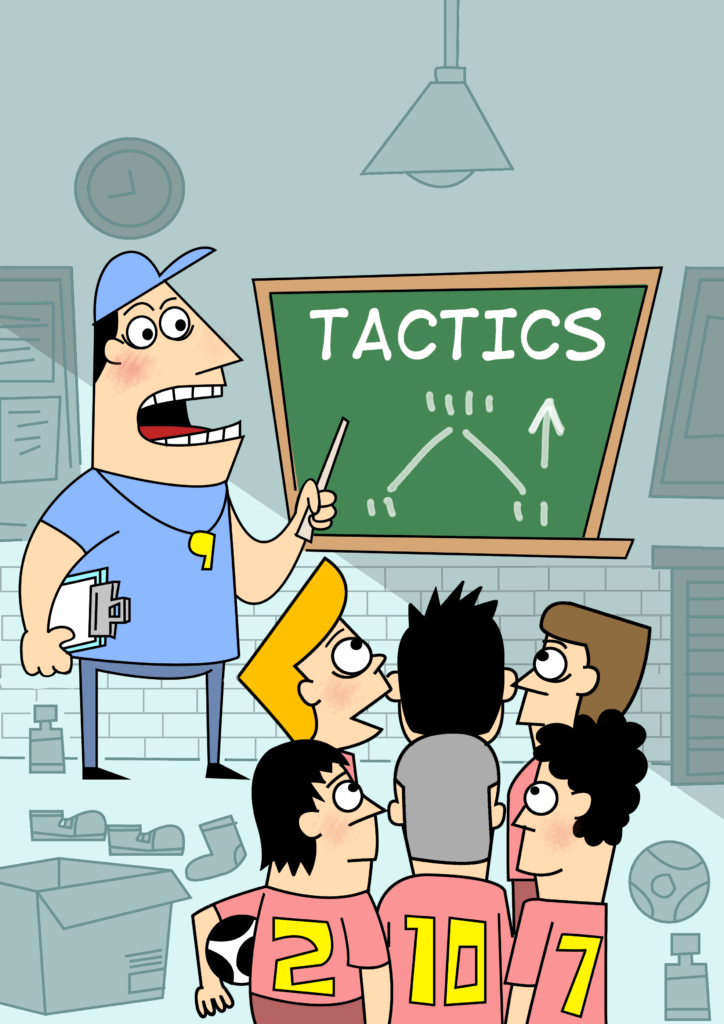The Student Resistance Handbook
THE STUDENT RESISTANCE HANDBOOK
Are you in Elementary School, Middle School, or High School?
Do you hate every minute of being in school and resent being forced to go?
Do you want to fight back against the system?

About the Author!
The Student Resistance Handbook provides information on how to undermine the operation of public schools. The public school system breeds helplessness by depriving students of control over their lives.
Cevin Soling is a writer, documentary filmmaker, and academic scholar. He has graduate degrees from Harvard University in English and Education and is pursuing two more degrees at Harvard in Journalism and Public Policy. Soling produced and directed the first theatrically released documentary on education, The War on Kids, which shows how American public schools have become modeled after prisons in response to fear and a burgeoning intolerance of youth.
Soling’s films have won many awards and received accolades from The New York Times, Variety, The Huffington Post and numerous other media outlets. He has been a featured guest on The Colbert Report, The Dr. Nancy Show, The Kennedy Show, The Joey Reynolds Show, The Leonard Lopate Show, and many other broadcasts. His articles have appeared in The Atlantic, Forbes, Wired, Healthy Living, MindShift, and other outlets and he had delivered a TEDx Talk on the harms caused by the public school system.


Stop being victimized by the school system and learn how to fight back.
The Student Resistance Handbook is written for revolutionaries of all ages who want to learn techniques that students can use to destabilize the American public education system.

Table Of Contents
Introduction
What are Your Demands?
The Mission
Why Resist?
Who is the Enemy?
Bad Arguments in Defense of Schooling
Tactics
Public Statements
Symbolic Displays
Systemic Disruption
Resistance and Non-Cooperation
Overload the System
Targeting Individuals
Handling Punishment
CIA Strategies
Tools and Resources
FAQ's
Schools are factories of human rights violations. If students were deemed to be “enemy combatants,” conditions at schools would be considered war crimes in violation of ten different Articles of the Third Geneva Convention which govern discipline, labor demands, personal effects, general health and well-being, diet, and exposure to humiliation. They are ineffective at teaching literacy as documented by the Department of Education. They fail to impart work skills, and they fail to create citizens who understand democratic values. They do succeed at instilling depression, anxiety, stress, aggression, and learned helplessness.
Children learn very little in school that is constructive as the Department of Education studies clearly show. Many of those who demonstrate proficiency learned those skills at home. The flawed assumption many people make is that because most kids hate school, they hate learning. There is no connection between hating being in an abusive environment where your thoughts and actions are controlled that you are forcibly confined and learning. All people are born with a desire for knowledge. School subvert that impulse by conditioning people to associate learning with suffering.
Are students required by law to attend where there are subjected to an autocratic hierarchy with them at the bottom, and inflexible regimen that governs where they must be and what they may think, and forces to associate with people they don’t like? Given that defines all public schools, the answer is yes. In addition, the so-called better schools appear to have higher suicide rates. Given that 1 in 12 students, on average, attempt suicide, the notion what one considers to be a “good school” should be called into question.
In order to survive in a classroom, the very first lesson every teacher must impart is obedience to authority. The teacher may mean well, but all of that is immediately undermined by the structure of schooling so they have no choice but to engage in abusive behavior. Their primary mission is to suppress dissent. Their second mission is to adhere to a rigid curriculum and evaluate students accordingly. This means that the second lesson students learn is that they will never be able to pursue their own interests. Combined, these feature and others present a violent assault on students’ capacity for empathy and creativity. Not only do schools promote mental illness, they make children, on the whole, into objectively worse people whose capacity for insight and concern for others is diminished by the schooling experience. Teachers might mean well, but by participating in this process, even with the best intentions, they are implicated.
School administratorsand resource officers arrest or physically beat children for being disrespectful, for not responding quickly enough to orders, or for spilling food. None of these are crimes and yet students are assaulted and/or handcuffed and charged as though they were. Schools have tremendous free reign to engage in heinous abuse without any legitimate justification. Of course, students can get in trouble for just about anything if a teacher or administrator does not like them or is simply indifferent.
Students are forced against their will to be confined to an autocratic environment where they are almost completely powerless. Even if students don’t take any action, just knowing that they can take steps to undermine the system provides a great deal of consolation that can help them cope with the stress of the environment. Optimally, the concept of exploiting the internal contradictions of the system will catch on and spread such that the model that is founded on social efficiency is no longer tenable and students succeed in taking down the system so they can pursue their interests and get a real education.